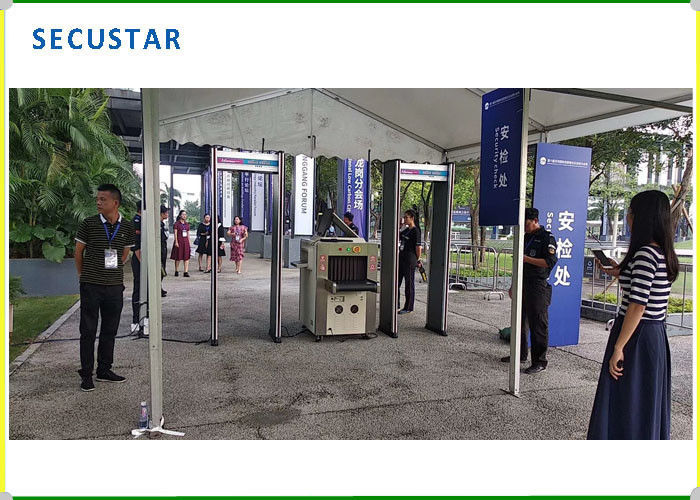

Whereas, the status quo was a little more normal in both Thailand and Singapore, which successfully locked down their borders before COVID-19 managed to get a hold of their populations.

Similarly, in Indonesia, parcels took three days to reach destinations during the implemented social distancing measures, significantly slower than the previous average of 2.3 days.” “The worst impacts of social distancing on ecommerce deliveries were felt in Malaysia, where delivery time rapidly increased from 2.1 days (pre-social-distancing), peaking at 4.6 days (during social distancing). Parcel Monitor, a global ecommerce logistics community, collected data on delivery speed across ASEAN nations during the pandemic and has revealed exactly how difficult it was for some logistics companies to adapt to the new, COVID-19-disrupted norm. It was, of course, an enormous challenge. In April, iPrice reported that health supplements, face masks, and canned goods were among the most sought-after products on regional ecommerce websites.Īs a result, it became clear that delivery companies must prioritise these products about all others, to ensure that they successfully reach customers on time, regardless of destination and supply chain adversity. At the time, ecommerce aggregator, iPrice Group and Parcelmonitor chose to team up and see the impact of COVID-19 on the ASEAN logistics industry. It was better safe than sorry, and, of course, incredibly convenient. They were already used daily across the globe, as a choice, but suddenly entire populations were dependent on the logistical network to get products from supplier to the front door.Īs you know, the majority of the global population turned to ecommerce and online shopping for everyday essentials when the pandemic was at its height. It was at this point that ecommerce delivery companies suddenly became an essential service provider. In fact, the first reported cases and subsequent social distancing measures were in ASEAN countries, back in February. When COVID-19 first reared its ugly head, it was Asian nations that suffered from the get-go.


 0 kommentar(er)
0 kommentar(er)
